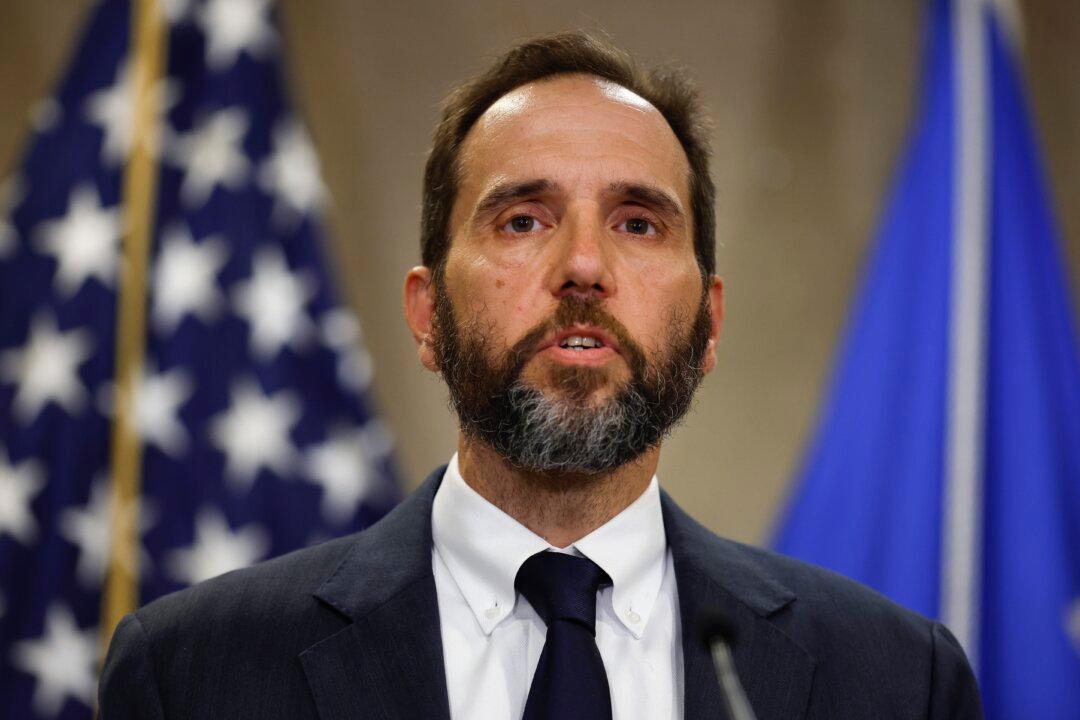On Tuesday, federal prosecutors asked the Florida judge presiding over former President Donald Trump’s classified documents trial to approve a written jury questionnaire ahead of an in-person selection process, given the high profile of the case.
In a Dec. 19 motion to U.S. District Judge Aileen Cannon, special prosecutor Jack Smith’s office said, “Because the pre-trial publicity surrounding this case is substantial, the Government recommends a thorough jury selection process, including a written questionnaire completed by potential jurors before in-person voir dire.”





